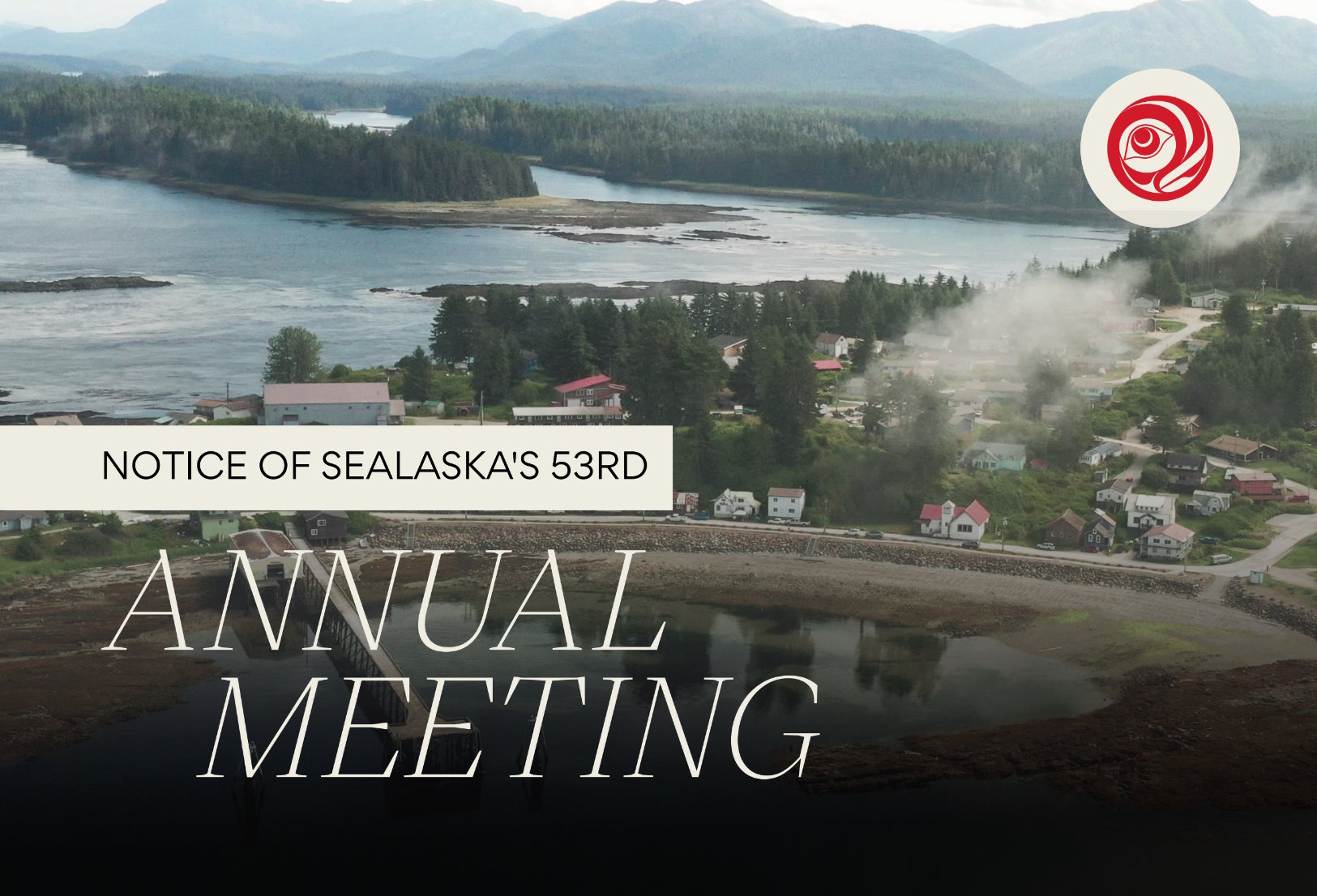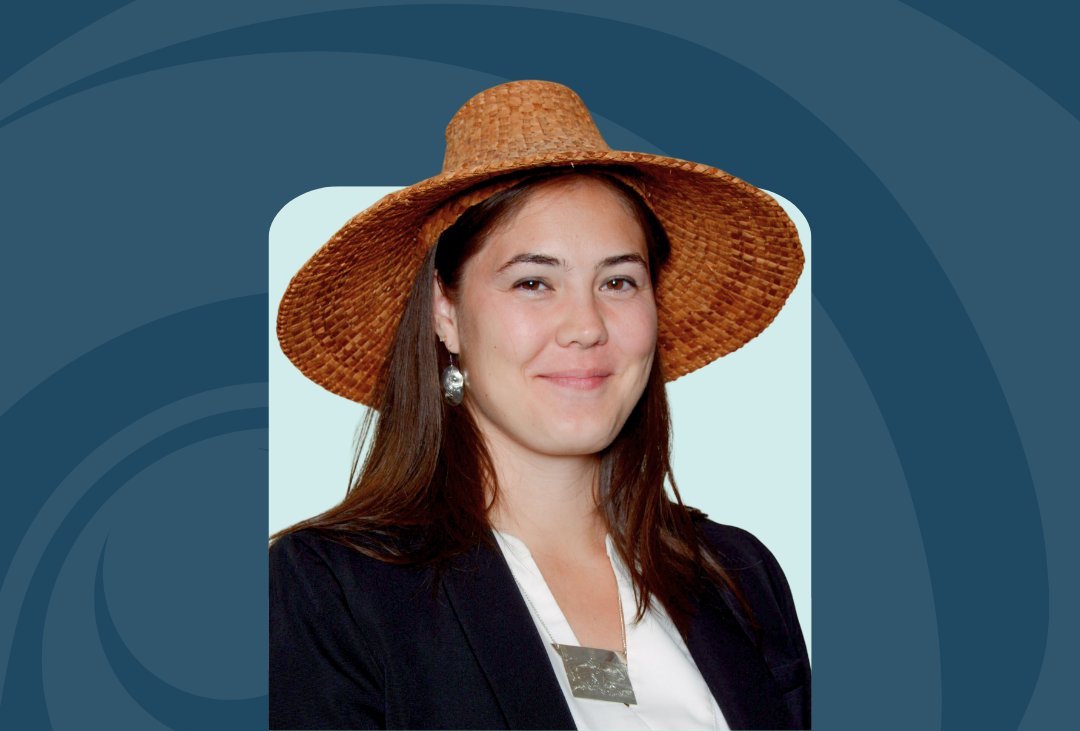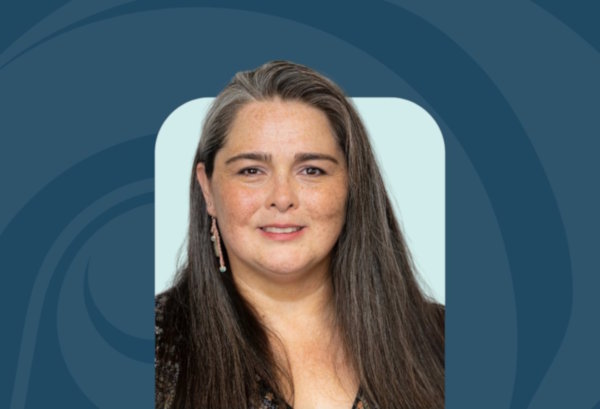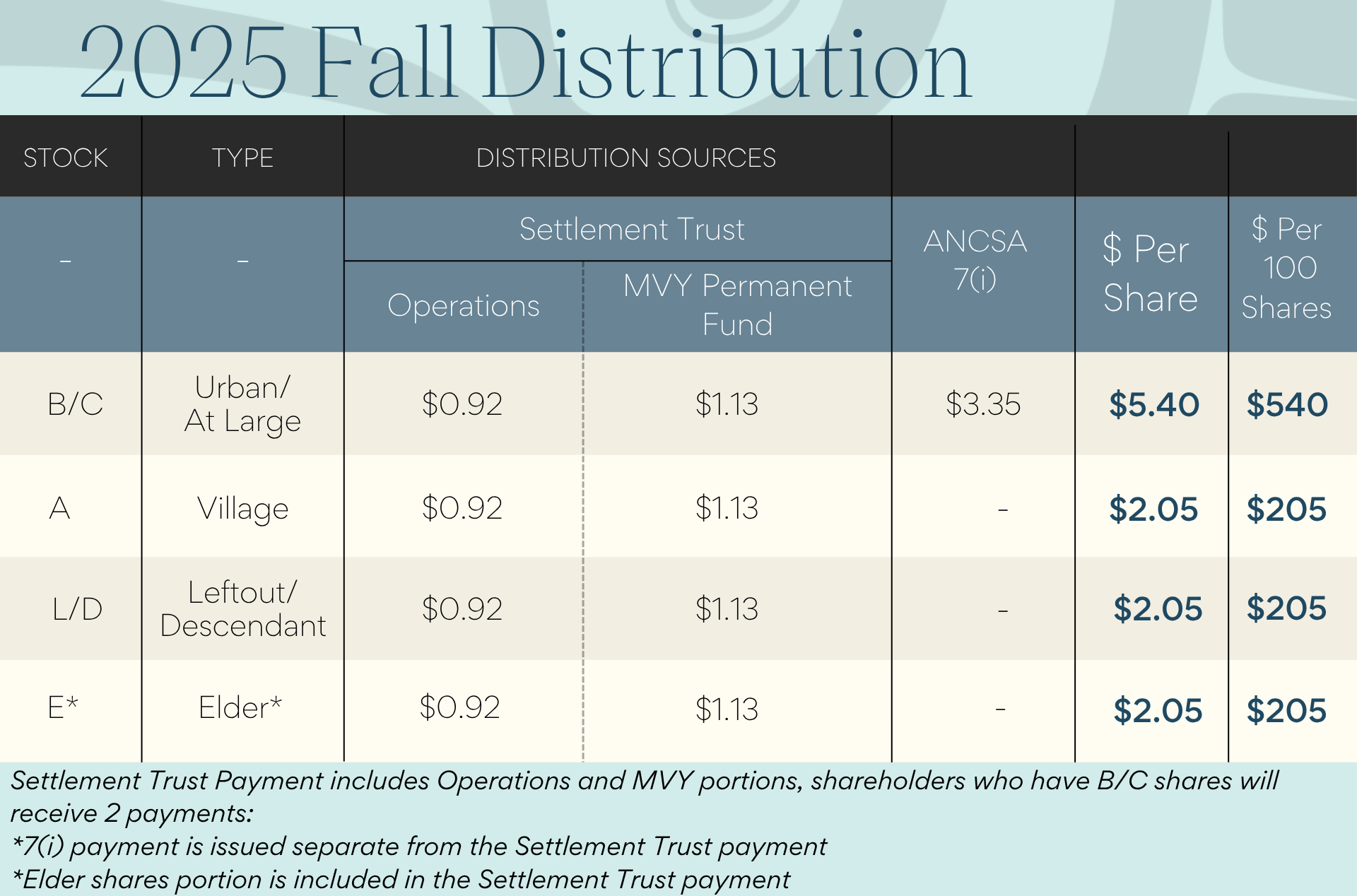Sealaska Transitioning Out of Logging Operations
Monday, January 11, 2021
SEALASKA TRANSITIONING OUT OF LOGGING OPERATIONS

In Sealaska’s early years, logging was the most viable way for us to create value for our shareholders.
Our success harvesting trees has enabled Sealaska to create a business revolving around ocean health that is better aligned with your – our owners’ – shared history, and also with our desire to ensure our precious natural resources are there for future generations.
So, after decades of logging on our lands, we plan to transition out of logging operations this year.
We are still in the land-management business, with a goal to continue to create financial, community and cultural value from our lands. We will work with the U.S. Forest Service to sustain bark programs and ensure logs continue to be available to artists. Our lands remain open for selective harvesting, hunting, fishing and other recreation and tourism. Our programs that aren’t related to logging, such as investments in language revitalization and scholarships, will continue.
This transition is not expected to significantly affect future profits or dividends. Our financials have been steadily improving for seven years, and we expect that trend to continue. This decision is part of our long-term plan to focus our resources on generating sustainable value for our shareholders.
Everything we’re doing as a company is ultimately about investing in our people and communities. We are committed to winding down logging operations with care and thoughtfulness. We are working to ensure a gentle transition for our employees. It’s important to us to support our communities through the transition and set them up for new and improved success.
We are grateful for the commitment and professionalism that has created significant value for Alaska Natives and paved the way for an ocean-health business that we believe will create value for our shareholders and communities over the long term.
Our people have been connected to these lands for 10,000 years. Who better than us to take care of our land and resources in a way that will benefit all people for generations to come? We are walking a path that our ancestors envisioned for us.
Gunalchéesh,
Anthony & Joe
Latest News
Notice of Sealaska's 53rd Annual Meeting of Shareholders
Pinned - Posted 2/12/2026The 2026 Sealaska Annual Meeting of Shareholders will be held on Saturday, June 27, in Angoon, Alaska. This year’s meeting will take place at the Angoon Elementary Gym, located at 500 Big Dog Salmon Road, Angoon, AK 99820.
Sealaska Welcomes Madeline Soboleff Levy
Posted 2/7/2026Sealaska welcomes Madeline Soboleff Levy as our new Vice President of Policy and Corporate Affairs.
Online Notary Service for Stock Wills
Posted 1/28/2026Sealaska is pleased to welcome Heather Shá xat k’ei Gurko
Posted 12/17/2025Sealaska is pleased to welcome Heather Shá xat k’ei Gurko as our new Director of Shareholder Communications.














